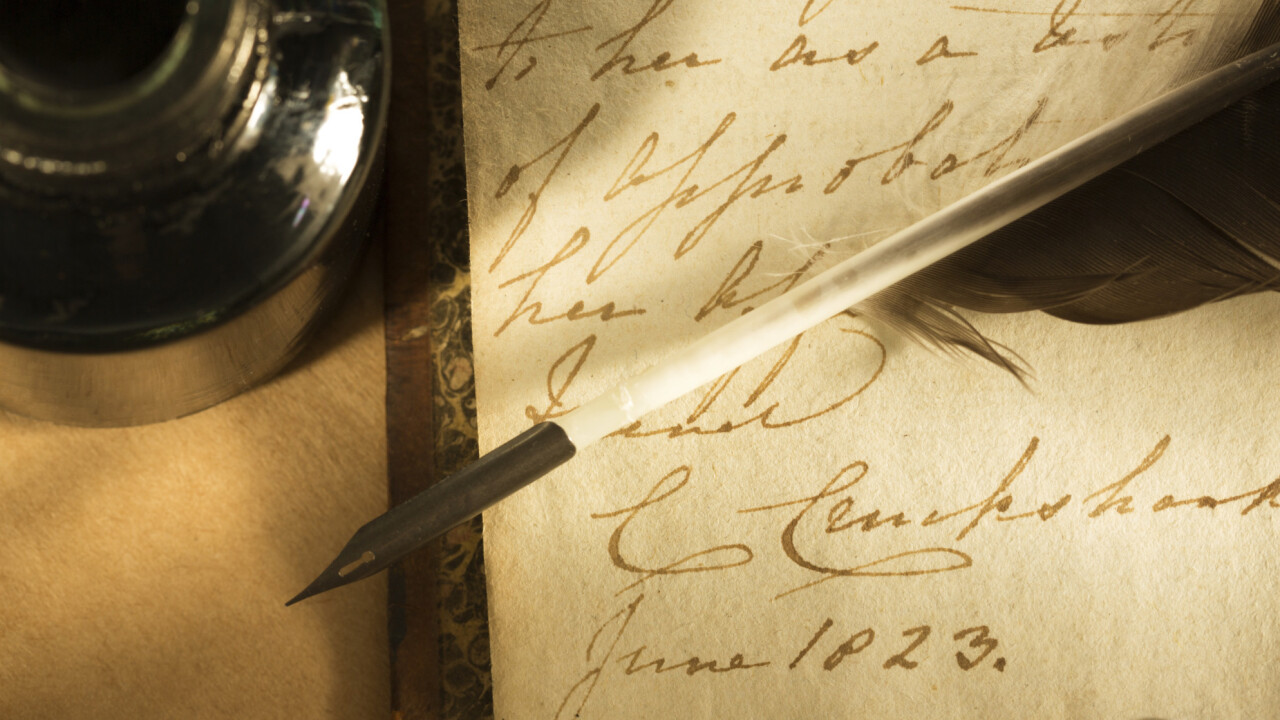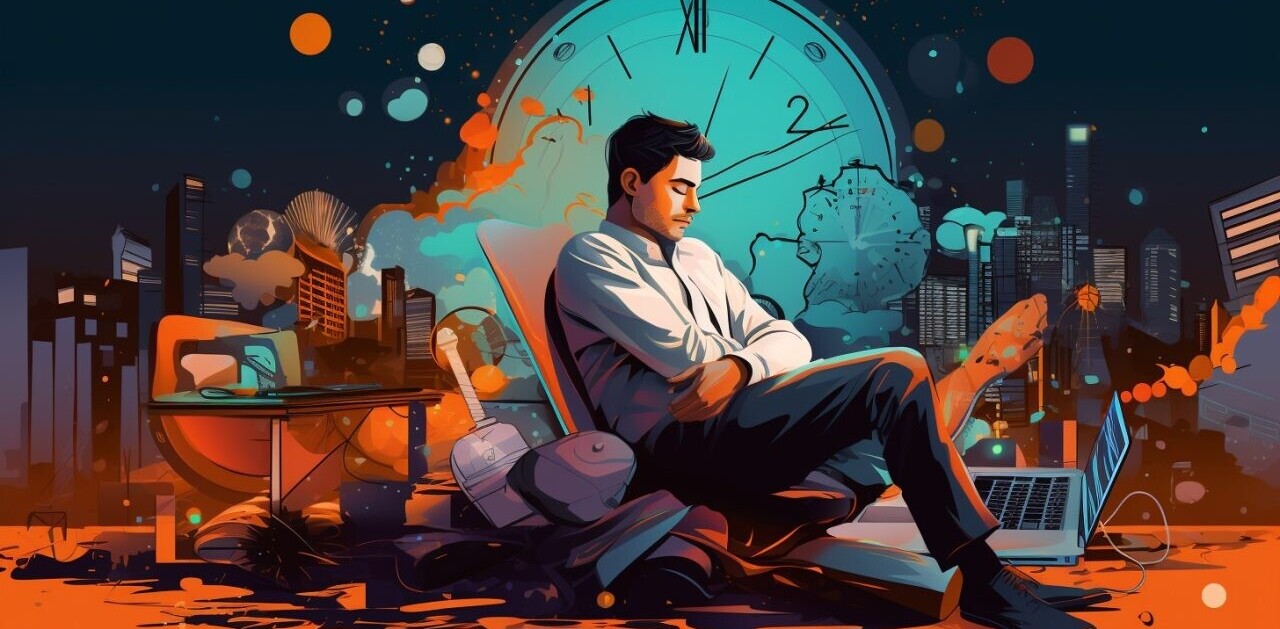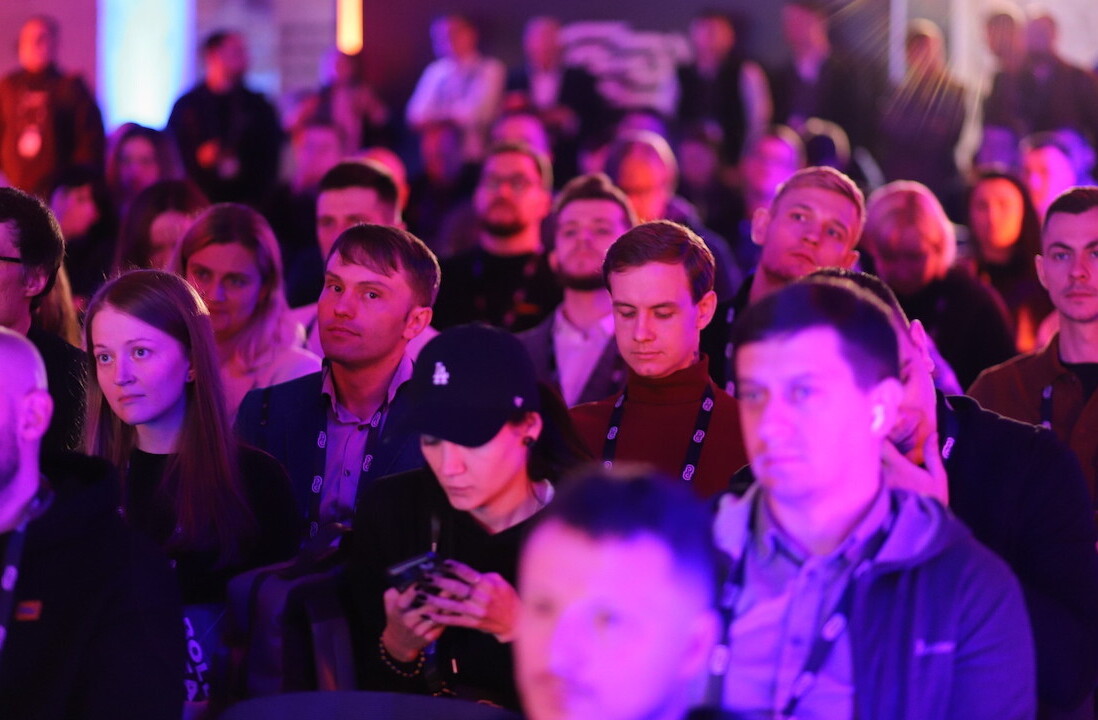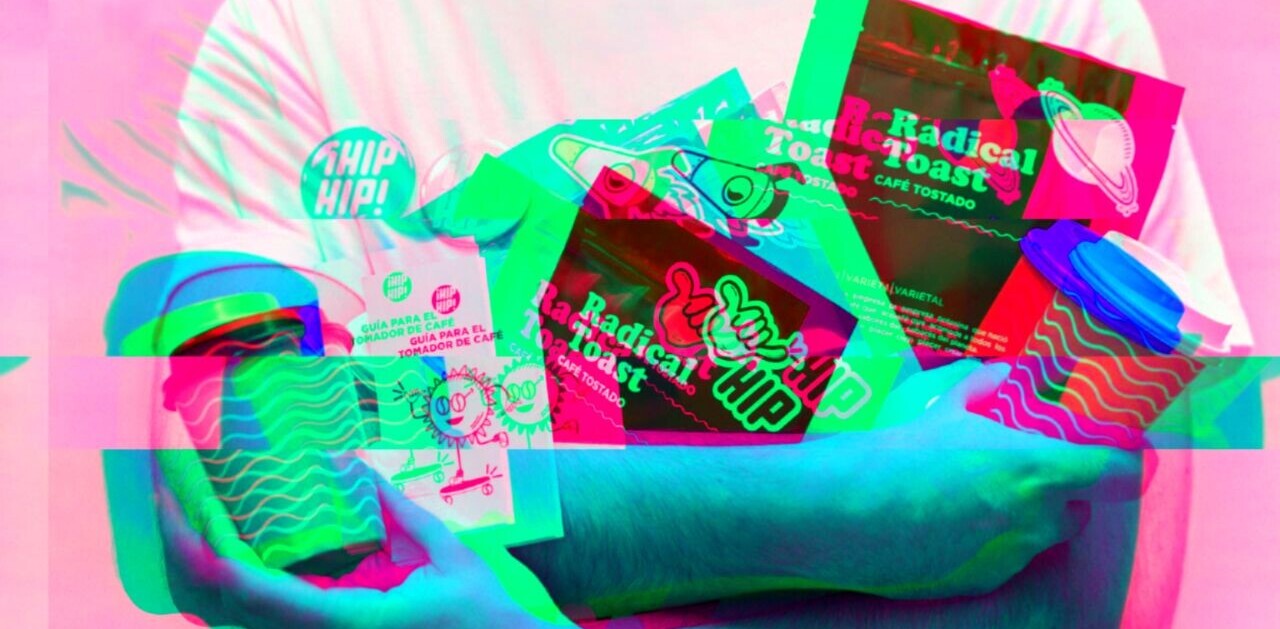
Claudio Gandelman is the CEO and founder of Teckler. His career began in 1992 when he worked in the financial market at Banco Nacional in Brazil. Since then, Gandelman has served as the CEO of Match.com Latin America, founder of Keero.com, and has held strategic positions in companies in South America.
Roughly 40,000 years ago, our ancestors made the earliest known cave painting in northern Spain. Their dots and stenciled handprints eventually gave way to fancier forms of communication like writing, which arose in ancient Mesopotamia around 3,200 BC. Paper, first invented by the Chinese in 105 AD, combined with writing, became the king of content storage for roughly 1,900 years. Today, digital repositories of knowledge replace the physical.
But here is irony: That 40,000 year old cave painting in Spain has survived and probably will survive for much longer than anything you write on Facebook, Twitter, and the majority of other social media sites. As far as technology has come, it may in fact be worse at preserving content in a way that matters.
Yes, the Library of Congress is archiving all Twitter feeds and a few select Facebook pages, and yes, your writings are going onto servers.
However, if you have written or created any content of an enduring nature, will it still be talked about years from now?
If today you wrote something so important that it will matter in 20 years as much as it mattered today, if you put your heart and mind into the written word … but you put it on Facebook or Twitter, who is going to find it days, weeks, months, years, decades or centuries later, when it does still matter?
Probably no one, and here’s why.
The cycle of story telling
Historically, written works of importance were hand-copied by scribes, monks, and intellectuals who were willing to commit countless hours of grunt work to insure that future generations could benefit from that wisdom and knowledge. After the invention of printing in China in the eleventh century, and later Germany in the fifteenth century, suddenly content could be preserved more effectively because the same devotees could create thousands of copies of a single work in the time it took to hand-copy one manuscript.
We have a similar mechanism on Facebook and Twitter. When you post something of interest, and people share or retweet it, they essentially reprint this information.
But unlike books, which are methodically categorized and stored within libraries, Facebook posts and tweets will not be curated and probably cannot be curate to that extent. Unless your Facebook page is one of the lucky few chosen for the Library of Congress, whatever you post on Facebook is going to be virtually impossible to recall or retrieve years down the road. Whatever you write in 140 characters is probably not going to be worth finding anyway, unless you’re writing haikus.
In other words, the immense efforts you make to document your life, share your opinions, stand up for your values, or create written art ultimately have no more permanence than the wave a pebble makes upon dropping into the river.
That does not mean that your Facebook post and tweets don’t count. We know from the Syrian civil war, Occupy Wall Street, and the Egyptian revolution that a tweet or Facebook post can change the world. Though if we have healthy egos, we shouldn’t feel compelled to preserve our posts and tweets simply because they are ours. Like a dictator who commissions his own statue, we do not need to erect little digital statues of ourselves.
However, like the monks, scribes, and intellectuals of old, we do have a responsibility to pass on our collective memory, knowledge, stories, and wisdom. And each time we create great content and place it somewhere like Facebook, we fail in that responsibility.
Death of digital content
My aim is not to bash Facebook or Twitter – they are incredible tools for social connectivity and the distribution of news. My aim is to make it clear that they are not the proper place for meaningful content. We owe the richness of our literature, art, science, philosophy, and history to people who created content before us and transmitted it to others in long lasting forms. We owe future generations that richness too.
As much as this is a warning about the impermanence of most social media content, this is also a call to remember that just because digital content can be deleted, copied, pasted, emailed, or linked to, that does not make it inherently less valuable than the content that appears in a 1,900-year-old manuscript or 40,000 year old cave painting.
The danger of purely putting content on Facebook and Twitter is that we come to devalue our own word. We post in comfort because we know our words may – or may not – pop up on a newsfeed before they quickly flow downstream to a vast and infinite digital ocean.
Perhaps content goes to die on Facebook and Twitter. However, I believe that content really goes to die wherever we write it or create it under the assumption that it is going to disappear on a server and ultimately not matter.
When the monk, scribe or intellectual sat down to pen something, they probably did so in hopes that someone would read it, find it worthwhile, and add it to the collective stream of knowledge.
So next time you write something, write like it matters. Keep your own blog, write a guest post for a blog that has steady readership, self-publish an e-book, or put your thoughts in social media sites that actually make content permanent and searchable rather than ephemeral. Publish somewhere your words can matter today and hopefully matter 40,000 years from now.
Get the TNW newsletter
Get the most important tech news in your inbox each week.





